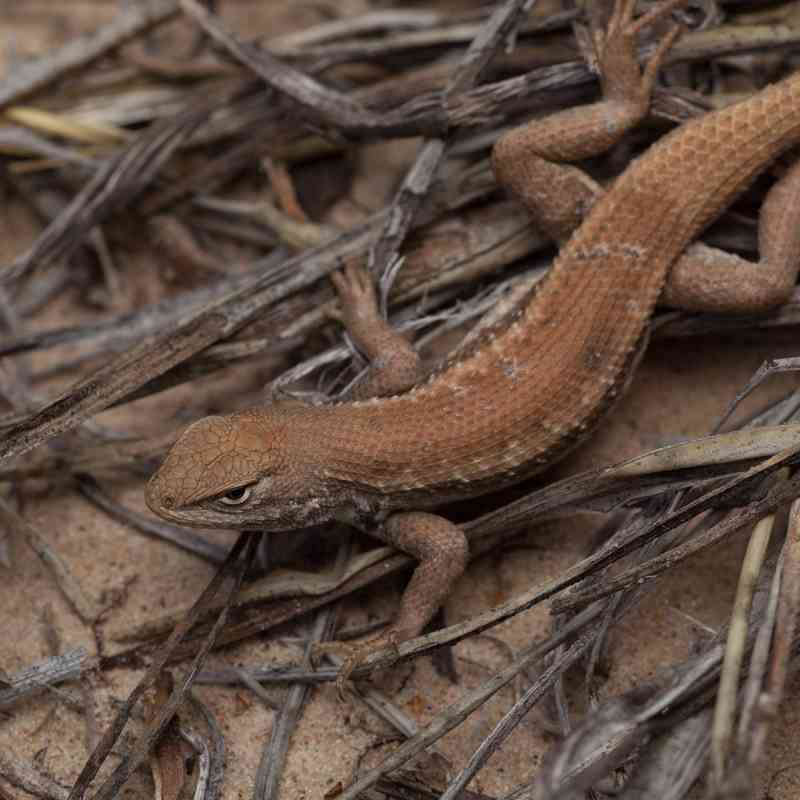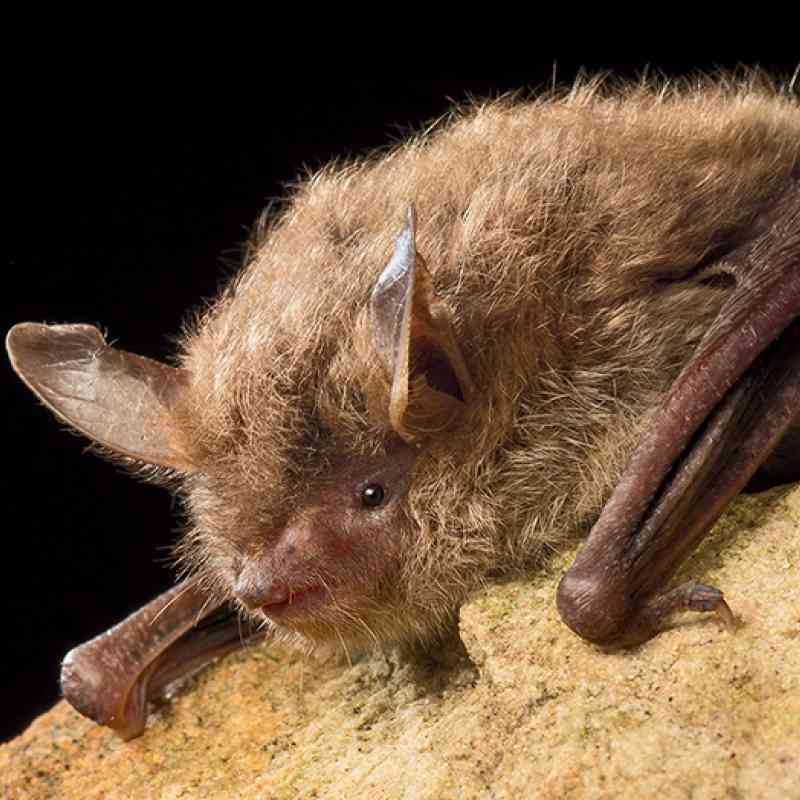Summary:
- Department of the Interior moves to prohibit imports and interstate transport of Burmese pythons and eight other giant snakes under the Lacey Act
- Invasive snakes have become a serious problem for native wildlife in the Florida Everglades and other southern ecosystems
- Defenders of Wildlife praises the move, which the organization called for in a 2007 report
The following is a statement from Peter Jenkins, director of international conservation at Defenders of Wildlife, and coauthor of Broken Screens, a 2007 report calling for better regulation of live animal imports into the United States.
“Today’s move by the Department of the Interior is very important in stemming the flow of dangerous snakes into the United States. Burmese pythons and other nonnative large snakes, while popular as pets, are unfortunately often released deliberately or accidentally into the wild, where they may survive and breed as invasive species. These snakes are now a major hazard in Florida, where they devour native wildlife, kill pets, and even threaten human safety. We urge the Department to quickly finalize this rule to prevent new imports of these snakes and restrict interstate sales as well.
“Unfortunately, there are many more nonnative species that pose a threat to the American public, as well as our native wildlife and landscapes. Our 2007 study showed that approximately one in seven non-native animal species that are legally imported into the United States pose a potential risk to native wildlife, human health or domestic animals. We are glad to see the Department of the Interior has committed to further strengthen our regulatory system for animal imports in the future. Congress and the Department must do further work to reduce these risks and provide more funding for our frontline of defense: the Departments’ invasive species scientists and the wildlife inspectors at our ports.”
The nine species proposed for import restrictions under the Lacey Act are: the Burmese python, northern African python, southern African python, reticulated python, green anaconda, yellow anaconda, Beni or Bolivian anaconda, DeSchauensee’s anaconda, and boa constrictor.
Read the Department of the Interior’s press release on the proposed import ban
Learn more about Defenders’ work to reduce threats from live animal imports
Read Defenders’ report, “Broken Screens: The Regulation of Live Animal Imports in the United States”
Defenders of Wildlife is celebrating 75 years of protecting all native animals and plants in their natural communities. With a nationwide network of nearly 2.2 million members and activists, Defenders of Wildlife is a leading advocate for innovative solutions to safeguard our wildlife heritage for generations to come. For more information, visit defenders.org/newsroom and follow us on Twitter @Defenders.


